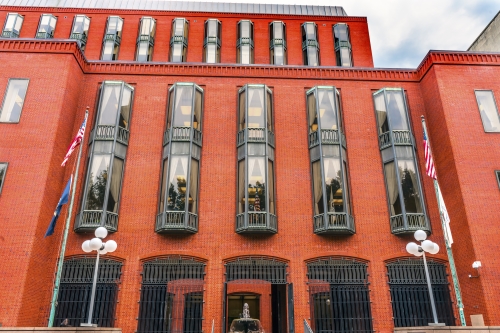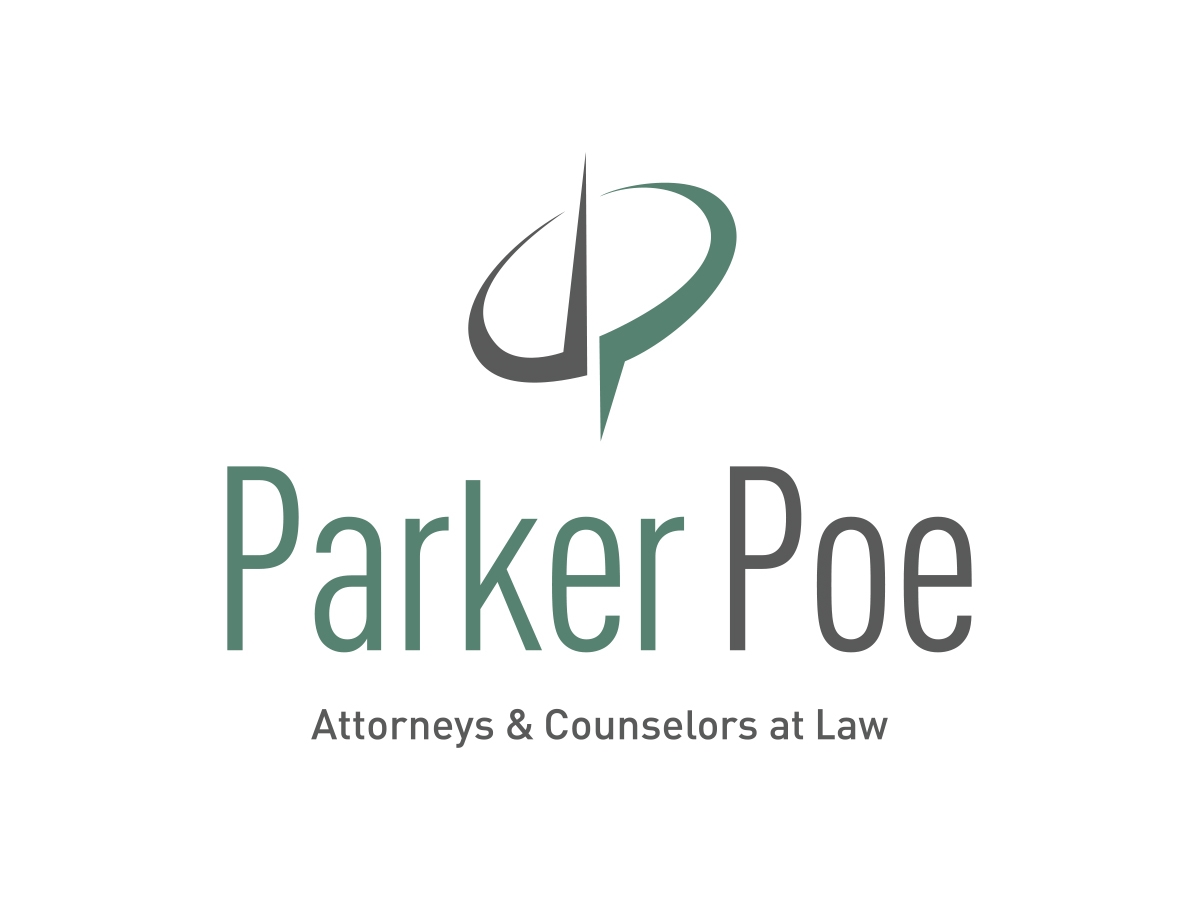Lourie Dissents from CAFC View that Heart Valve Transport was Not Infringing
“I believe that the court erred by incorrectly applying the law, perhaps because of a series of pronouncements by this court, in its holdings and explanatory language, and on specific facts, that failed to focus on the full language of the statute.” – CAFC Judge Lourie, dissenting
The U.S. Court of Appeals for the Federal Circuit (CAFC) today held in a precedential split decision authored by Judge Stoll that the safe harbor provision of 35 U.S.C.§ 271(e)(1) applied to Meril Life Sciences’ importation of two demonstration samples of its transcatheter heart valves to a medical conference. Judge Lourie dissented, explaining that both the district court and the Federal Circuit have erred in interpreting the statute, specifically by failing to adequately consider the word “solely,” under which interpretation it could be reasonably held that Meril “at least partially” imported the valves for commercial reasons.
The text of 35 U.S.C.§ 271(e)(1) reads:
“It shall not be an act of infringement to make, use, offer to sell, or sell within the United States or import into the United States a patented invention (other than a new animal drug or veterinary biological product (as those terms are used in the Federal Food, Drug, and Cosmetic Act and the Act of March 4, 1913) which is primarily manufactured using recombinant DNA, recombinant RNA, hybridoma technology, or other processes involving site specific genetic manipulation techniques) solely for uses reasonably related to the development and submission of information under a Federal law which regulates the manufacture, use, or sale of drugs or veterinary biological products.” [emphasis added]
The majority opinion began with the statement, “Travel isn’t always pretty” and went on to detail the journey of Meril’s two Myval-branded transcatheter heart valves from India to San Francisco and back. A Meril employee had traveled with the valves as part of its premarket approval process to potentially find clinical researchers for Food and Drug Administration (FDA) clinical trials at the 2019 Transcatheter Cardiovascular Therapeutics Conference in San Francisco (“TCTC”). Meril had a booth at the conference for three days.
Meril gave the following instructions to its employees concerning the samples:
“Do not make any sales or offers for sale at the conference, or while in the United States for the US market. You can make offer [sic] for other countries.”
The Meril employee who traveled with the samples to the TCTC conference carried them in a bag that included the following declaration:
“This is to inform you that the demo samples carried by Mr. Nilay Lad is for the demonstration purpose only. It is consist [sic] of Demo samples of Medical devices. They have no commercial value & hence it is not used for any sales purpose.
The demo samples are NON-STERILE. NOT FOR HUMAN USE. NOT FOR SALE. NOT APPROVED FOR SALE IN UNITED STATES. FOR DEMO PURPOSE ONLY AT TCT 2019, SAN FRANCISCO.”
According to the CAFC opinion, the samples were kept in storage and “[i]t is undisputed that the sample Myval Systems were never taken out of the bag or shown to anyone after they [were] imported into the United States.”
Although the Meril representatives at TCTC provided information on the Myval System samples via presentations and displays, they did not include pricing or commercial promotion and the employees made it clear that it was not yet FDA-approved or available for sale in the United States. The majority also noted that TCTC is primarily attended by researchers and clinicians.
Soon after Meril filed its premarket approval submission with the FDA, and not long after the TCTC conference, Edwards Life Sciences sued Meril for infringement of its SAPIEN valves based on the importation of the Myval System valves to the United States. The district court granted summary judgment to Meril, determining its actions were exempt under the safe harbor provision.
In its discussion, the majority ultimately found that Meril’s importation of the demonstration samples “was reasonably related to recruiting investigators for a clinical trial to support FDA approval.” The court cited to multiple CAFC and Supreme Court precedents that give “a wide berth for the use of patented [inventions] in activities related to the federal regulatory process.” (Merck KGaA v. Integra Lifesciences I, Ltd., 545 U.S. 193, 202 (2005)). According to the CAFC opinion, the Merck decision as well as its own decisions in cases such as Amgen Inc. v. Hospira, Inc., 944 F.3d 1327, 1338 (Fed. Cir. 2019), Momenta Pharm., Inc. v. Teva Pharm. USA Inc., 809 F.3d 610, 619 (Fed. Cir. 2015) and AbTox, Inc. v. Exitron Corp., 122 F.3d 1019, 1027 (Fed. Cir. 1997), support a broad reading of the statute such that “[t]he exemption applies ‘as long as there is a reasonable basis for believing’ that the use of the patented invention will produce the types of information that are relevant to an FDA submission” (Amgen). The opinion further explained its reading of the statute:
“Read in context, ‘solely’ modifies ‘for uses.’ Meaning, for each act of infringement the safe harbor is available only for acts or uses that bear a reasonable relation to the development and submission of information to the FDA…. It is not that the use must only be reasonably related to the development and submission of information to the FDA.”
Notably, the majority said that, as the CAFC has noted starting with AbTox, the statute “does not look to the underlying purposes or attendant consequences of the activity . . . as long as the use is reasonably related to FDA approval.”
Lourie: Intent Matters
This interpretation stands in direct contrast to Judge Lourie’s dissenting opinion, which explained that “the majority perpetuates the failure of this court and others to recognize the meaning of the word ‘solely’ in interpreting § 271(e)(1).” Lourie said that the CAFC’s holding in AbTox, Inc. v. Exitron Corp. and its progeny was error in that those cases found “the purposes of the infringing act do not matter in evaluating the safe harbor,” whereas Lourie believes that “’solely’ creates a safe harbor only for uses, sales, and importations that solely are for, as the statute says, development of information for the FDA.”
While Lourie said he understood how the district court arrived at its decision considering the CAFC case law, that interpretation is wrong and must be corrected:
“I believe that the court erred by incorrectly applying the law, perhaps because of a series of pronouncements by this court, in its holdings and explanatory language, and on specific facts, that failed to focus on the full language of the statute. For one reason or another, our case law has incorrectly given short shrift to the word “solely” in the statute. The majority, in its opinion, perpetuates the courts’ misconstruction of the law. It is time to fix those errors.”
Lourie conceded that Merck endorsed a broad reading of the statute but he said that the Court was referring specifically to the situation in which “the results of a regulatory intended experiment are not actually submitted to the FDA.” He further cited to the legislative history, which explains that a “party which develops such information, but decides not to submit an application for approval, is protected as long as the development was done to determine whether or not an application for approval would be sought.” According to Lourie, this language proves that the statute’s statement is tied to the FDA approval process and “should not be read to endorse the indiscriminate disregard of intent and alternative uses once a reasonable relation to FDA regulatory approval is established” or “be read as going so far as to endorse the vast expansion of the exemption in AbTox, which rendered intent irrelevant.”
Lourie thus would have reversed the district court’s grant of summary judgment for Meril.






